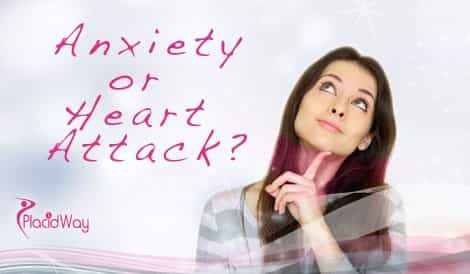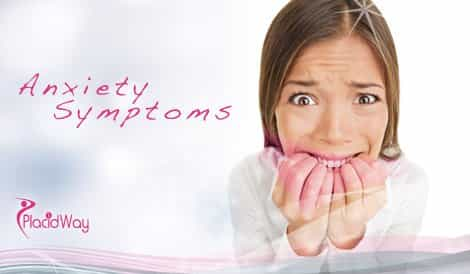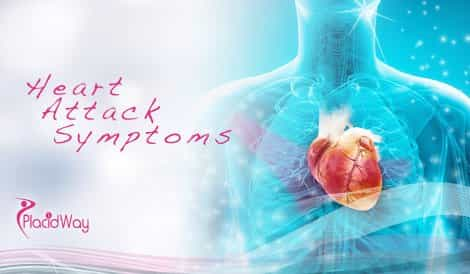|
Heart care: Anxiety or Heart AttackIt’s always hard to tell the difference between anxiety and heart attacks since their physical symptoms can feel incredibly similar in individuals. It is very easy to confuse them and thus avoid getting the proper treatment and even save our lives if we are suffering a heart attack without being aware of it. There are certain signs that can give us a clue about these two diseases and let us know when we need to look for medical attention as soon as possible. Let’s review them!
Understanding Anxiety While feeling anxious or stressed, your body reacts in order to protect you from the “immediate danger”. This situation can easily put an extra worry on your heart since you’re feeling vulnerable, under stress, or sense a demanding situation you cannot possibly deal with anymore. Feeling anxious is a normal reaction in humans, even if there is no immediate danger around you. The problem then is not anxiety itself, but what it does to our bodies in the long term and when all these fears and reactions occur with no apparent reason. When anxiety becomes a setback in our lives and a panic attack occurs with no warning, usually triggered by a stressful event, the anxiety becomes constant and overwhelming, it interferes with your relationships and activities, you are no longer productive or functional and feel unable of managing your daily life.
Besides the common symptoms, when anxiety has crossed the limit of normality, it becomes more than just a feeling and involves wide variety of physical symptoms. The most common physical symptoms of anxiety include:
Anxiety may easily give us the sensation that we’re about to die; we may become numb and unable to see what is happening to us. The best approach while feeling any of these symptoms is visiting a doctor, a health care professional that can guide us through this.
Understanding Heart Attacks Heart attacks usually occur when a blood clot blocks one of the coronary arteries, then:
During a heart attack the person will experience many symptoms that can be confused with anxiety (panic) attacks and they may last for several hours or, it’s also likely that the person will feel no symptoms at all.
Heart attacks are a result of different coronary diseases. Some signs which show you may be having a heart attack are:
What should I do if I feel these symptoms? As you may have noticed, both conditions present very similar symptoms, reason why a quarter of all heart attack victims choose to ignore them and move on before reaching the hospital in a critical condition. What is recommended in these cases in order to avoid complications? Get prompt treatment and medical attention. Remember that you should not ignore the possible warning signs, nor wait till they go away; try to relax (if possible) and ask for assistance.
Both conditions can be treated, but whether you’re having a heart attack or anxiety attack symptoms always keep in mind that you can save your life or the life of your loved ones if you decide to be brave, take action and make a visit to the doctor.
|




















Share this listing